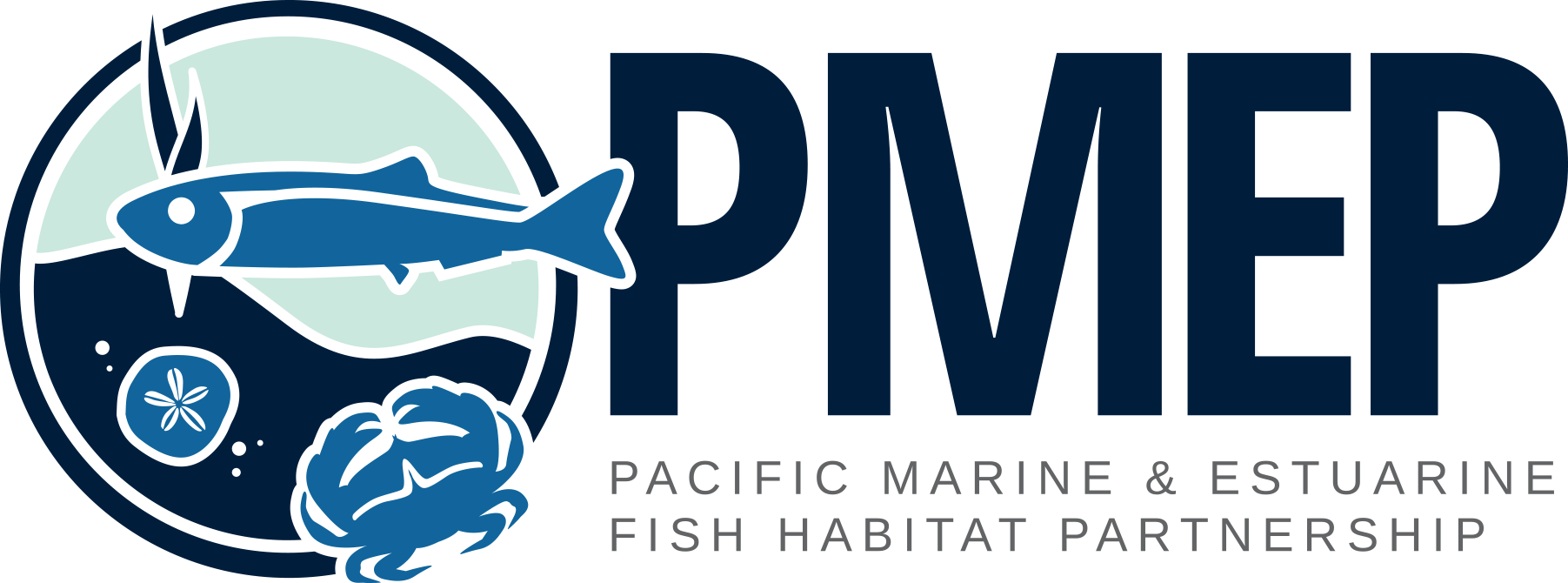PMEP Recently prepared this video for new members of the National Fish Habitat Partnership board of directors. Its a good overview of our focus and priorities and highlights our assessments and partners projects.
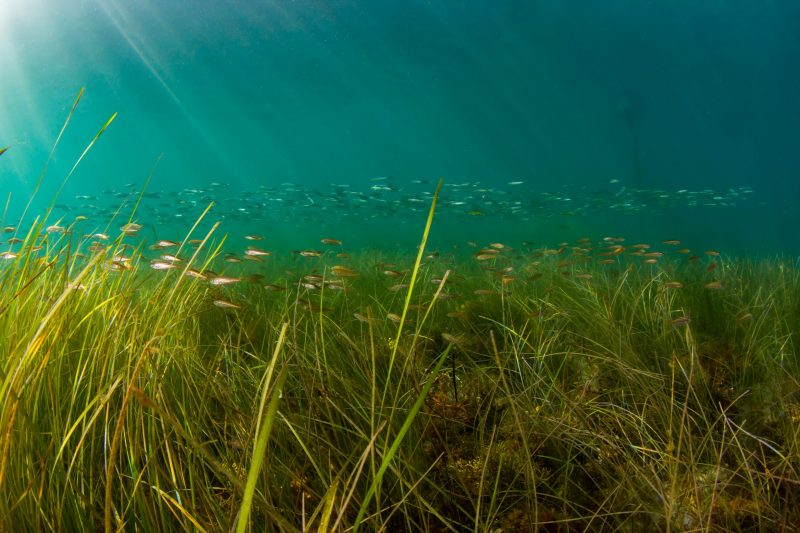
- August 2, 2021
- Joan Drinkwin
- Uncategorized
- 0 comments
PMEP is pleased to announce the following projects have been selected for funding through the National Fish Habitat Partnership. These projects represent important conservation priorities of PMEP. $175,956 has been awarded to the partnership through the Fish and Aquatic Conservation Program of the U.S. Fish and Wildlife Service for the following five projects:
- Blind Slough Wetland Reconnection Project, OR
- Rose Point Embayment Restoration Project, WA
- Catalina Island Eelgrass Restoration Project, CA
- Restoring Tidal Swamp, Marsh and Connectivity in the Yaquina Estuary, OR
Read more about these and other PMEP funded project here.
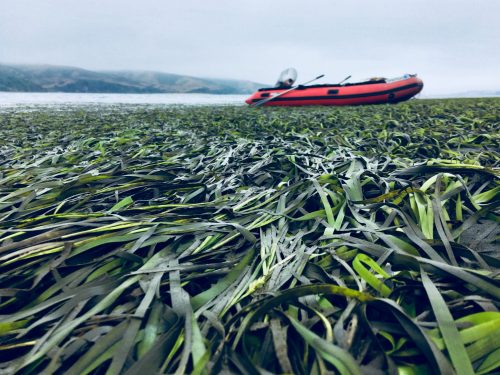
- May 29, 2021
- Joan Drinkwin
- Data and Assessments, Publication
- 0 comments
PMEP is proud to announce the release of Eelgrass Restoration on the U.S. West Coast: A Comprehensive Assessment of Restoration Techniques and Their Outcomes. Eelgrass is an important foundation species along the U.S. West Coast, supporting a suite of ecosystem services and functions and providing food and shelter for many fishes and invertebrates. In 2018, PMEP published Eelgrass Habitats on The U.S. West Coast: State of the Knowledge of Eelgrass Ecosystem Services and Eelgrass Extent and compiled a geodatabase of eelgrass presence/absence and current and historic extent of eelgrass in 444 estuaries along the U.S. West Coast. In 2020, PMEP commissioned this new report to synthesize eelgrass restoration project successes along the U.S. West Coast to identify best practices for eelgrass restoration and mitigation. The authors of the report reviewed and synthesized data from 51 eelgrass restoration (non-mitigation and mitigation) projects from California, Oregon, and Washington. They identified those methods and approaches that resulted in successful restoration. The report was prepared by Kathryn Beheshti and Melissa Ward and was funded by Pew Charitable Trusts with support from the Friends of the South Slough Reserve.
Access the project webpage HERE.
Photo credit: Melissa Ward
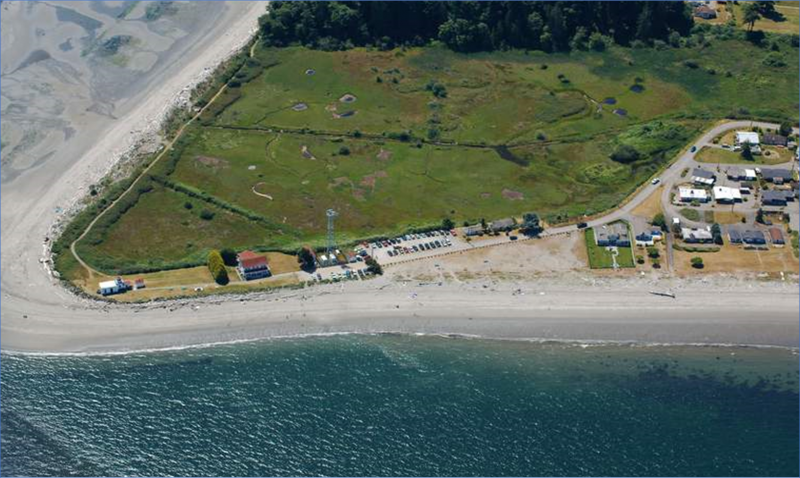
- May 11, 2021
- Joan Drinkwin
- Announcement, Funding
- 0 comments
NOAA is funding four projects sponsored by National Fish Habitat Partnerships designed to enhance recreational fisheries engagement and restore habitat through the coastal National Fish Habitat Partnerships. PMEP is supporting the restoration of tidal influence to the Point No Point Estuary in Kitsap County, Washington. The Mid Sound Fisheries Enhancement Group is collaborating with the Kitsap County Parks Department to remove a malfunctioning tide gate to convert freshwater wetlands back into salt marsh habitat. Restoring tidal connectivity in this 32-acre area will provide critical nearshore habitat for juvenile Chinook salmon by restoring ecosystem processes at a key site along migratory salmon routes in and out of Puget Sound. the project also engages the local North Kitsap Puget Sound Anglers and other local fishers to collect data before and after restoration. Local engagement efforts will include education and outreach around the project and its importance. The project supports the NOAA Fisheries Puget Sound Chinook Recovery Plan, is integrated with regional salmon recovery efforts and helps PMEP reach its goal to improve connectivity within estuarine and nearshore fish habitat.
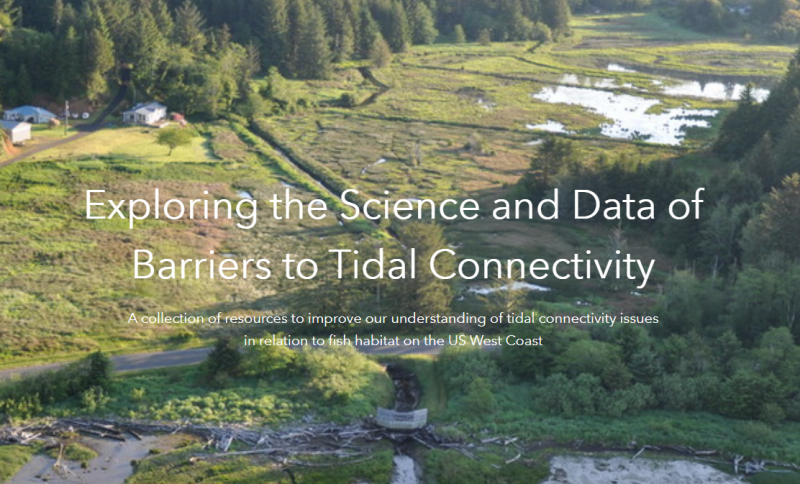
- April 23, 2021
- Joan Drinkwin
- Announcement, Data and Assessments
- 0 comments
PMEP, in collaboration with the California Fish Passage Forum and the Pacific Lamprey Conservation Initiative, has launched a new Barriers to Tidal Connectivity data hub of resources developed through a collaborative project to improve our understanding of tidal connectivity issues along the US West Coast.
The data hub includes a data catalog of West Coast datasets of culverts, tide gates, levees and dikes, railways, and roads as well as maps identifying tidally restricted areas. This innovative data catalog assembles datasets managed by a variety of agencies including California’s Passage Assessment Database (PAD), Oregon’s Fish Passage Barriers, Washington Department of Fish and Wildlife Fish Passage Inventory, and the Washington Levee Inventory. Viewers can access all these datasets and visualize the extent of barriers to tidal connectivity for purposes of restoration, research, and planning.
Through the data hub, you can also access copies and recordings of presentations given at the recent Barriers to Tidal Connectivity Symposium held October 28, 2020. And other resources and reports can be accessed through the hub.
This data hub is a product of a collaborative effort by the three fish habitat partnerships made possible with generous support from the Association of Fish and Wildlife Agencies.
You can find out more on Barriers to Tidal Connectivity on the PMEP website by clicking on the projects tab, or you can head directly to the data hub here.
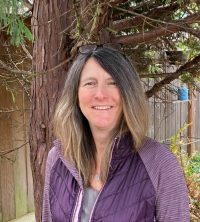
- March 16, 2021
- Joan Drinkwin
- Announcement
- 0 comments
We want to give a warm welcome to our newest PMEP steering committee member, Irma Lagomarsino! Irma is a Senior Policy Advisor for the Oregon/Washington Coastal Office of NOAA Fisheries in Portland, Oregon, helping to build strategic collaborative solutions for salmon recovery with a particular emphasis in western Oregon. Previously, Irma served as the Assistant Regional Administrator for NOAA Fisheries California Coastal Office and as the Northern California Office Supervisor where she oversaw Endangered Species Act programs for listed salmon and steelhead. In 2014, Irma received the Bureau of Reclamation’s John W. Keys, III Award for Building Partnerships and Strengthening Relationships for her collaborative work with the U.S. Fish and Wildlife Service and Reclamation. As a key leader for NOAA Fisheries, she helped forage the precedent-setting Klamath Agreements with agricultural, tribal and fishing communities, conservation organizations, states and other federal agencies. With 30 years of experience in the public sector, Irma focuses on building effective partnerships across-sectors to find innovative approaches for advancing the conservation of NOAA trust resources while supporting sustainable land use and communities. A native of California, she received her B.S. Degree in Marine Biology at the University of California at Berkeley and a M.S. Degree in Marine Environmental Science from the State University of New York at Stony Brook.
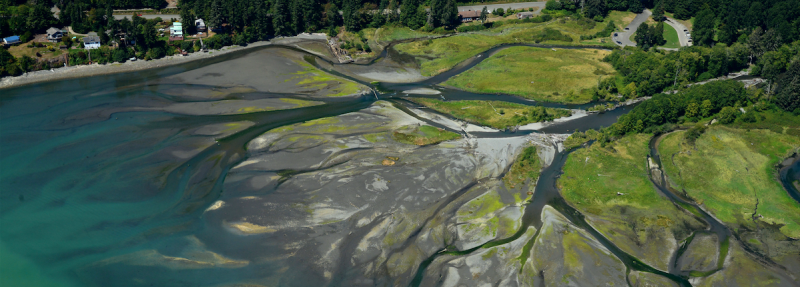
- February 24, 2021
- Joan Drinkwin
- Events
- 0 comments
Join PMEP for an in-depth look at estuary restoration and mapping along the US West Coast at the 2021 Oregon Chapter American Fisheries Society 57th Annual Meeting to be held March 3-5, 2021. PMEP’s session will happen on Wednesday, March 3 and will include presentations ranging from estuary mapping, to climate change considerations, salmon resiliency, and restoration case studies. Find the full schedule HERE. Register for the conference at orafs.org
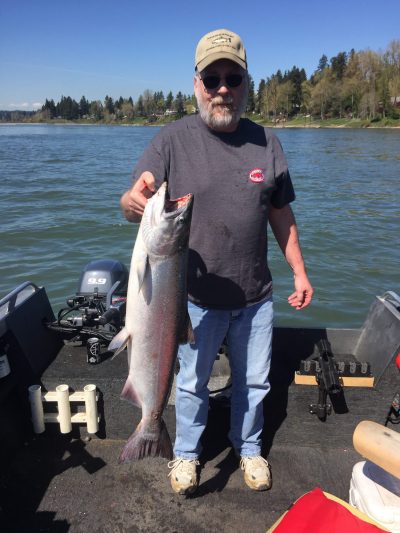
- February 18, 2021
- Joan Drinkwin
- Uncategorized
- 0 comments
Congratulations to PMEP Steering Committee member Stan Allen, who was recently elected to the newly reformed Board of Directors of the National Fish Habitat Partnership (NFHP)! Stan, who works for the Pacific States Marine Fisheries Commission, will be representing the Marine Fisheries Commissions/Councils on the NFHP board. Stan was a long-time member of the previous NFHP Board of Directors and has been instrumental in ensuring that NFHP achieves its goals of restoring and conserving fish habitat nationally. Congratulations, Stan!
About the National Fish Habitat Partnership:
Since 2006, the National Fish Habitat Partnership has supported over 1,030 projects benefiting fish habitat in all 50 states. The National Fish Habitat Partnership works to conserve fish habitat nationwide, leveraging federal, state, tribal, and private funding resources to achieve the greatest effect on fish populations through priority conservation projects of 20 regionally-based Fish Habitat Partnerships. In 2020, the National Fish Habitat Partnership was recognized by Congress as part of the America’s Conservation Enhancement (ACE) Act. For more information, visit http://fishhabitat.org/.

- February 8, 2021
- Joan Drinkwin
- Uncategorized
- 0 comments
We are happy to welcome Marina Cazorla, the Coastal Programs Manager for the California Department of Parks and Recreation in Sacramento, as the PMEP Steering Committee’s newest member! Before working for the parks department, Marina worked with the California Ocean Protection Council, the State Coastal Conservancy, and the Coastal Commission, as well as with an association of environmental philanthropies supporting coastal conservation in Mexico. She holds a B.A. from Claremont McKenna College and a Master’s degree from Harvard’s Kennedy School of Government. One of her fondest college memories is meeting novelist Haruki Murakami. She currently pursues pandemic hobbies, including failed gardening, happy chickens, and a new camper trailer.
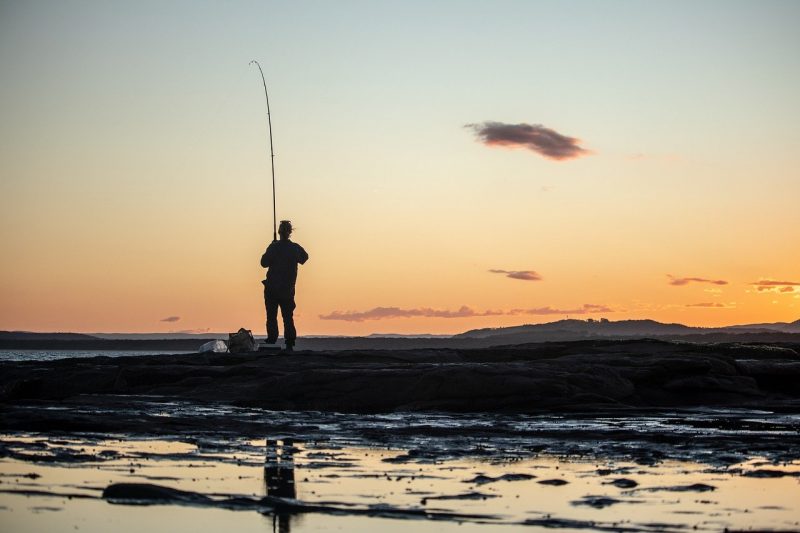
- December 16, 2020
- Joan Drinkwin
- Uncategorized
- 0 comments
PMEP is excited to share NOAA’s Office of Habitat Conservation and the Recreational Fisheries Initiative Request for Proposals for projects within coastal Fish Habitat Partnerships that protect or restore habitat AND engage recreational fishing partners. The National Fish Habitat Partnership and individual Fish Habitat Partnerships provide strategic opportunities to advance priority habitat conservation projects while also engaging recreational anglers.
The goals of this funding opportunity are to support Fish Habitat Partnerships’ habitat restoration work and to enhance collaboration with the recreational fishing community.
As one of 20 Fish Habitat Partnerships around the nation, PMEP is happy to facilitate projects within coastal Washington, Oregon, and California to pursue this funding.
For information on how to propose a project, click here.
Photo Credit: Squirrel_photos from Pixabay.
